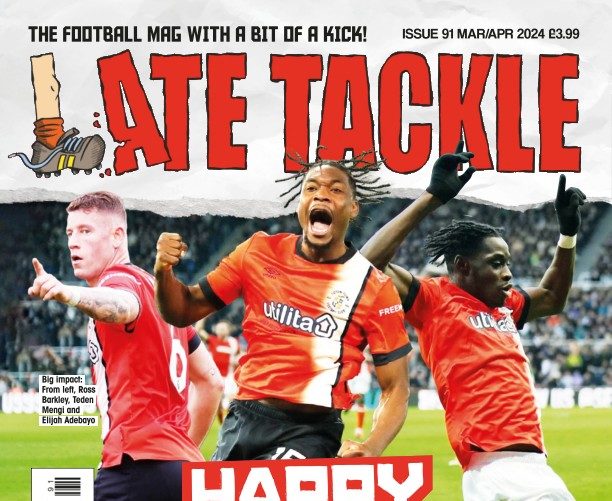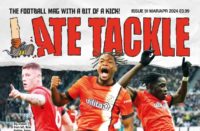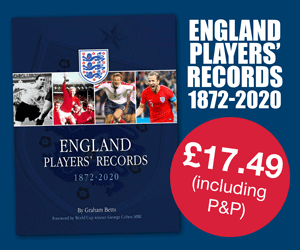Reverse bets and if bets are among the more complicated sports wagers, but if you understand the principle, they’re not too tough to understand. Compared to wagering on a pay n play casino, we consider reverse and if bets as complicated wagers, and beginners should learn how they function because they have advantages.
These bets are like parlays because they contain numerous picks, but their risks are reduced and can still pay off if you don’t get every pick right. They’re perfect for betting on multiple matches without risking a lot of money.
Below are the quick explanations of both bets.
If Bets
An if bet combines two or more bets in which the outcome of each wager decides whether the subsequent bets will be placed. This sounds more complicated than it is. You make several picks at whatever bet you want. Your bet is then put on your initial option. If your first option fails, you lose your bet, and the remainder of the bet is canceled.
However, if your first bet wins, you’ll get paid with the same amount of your initial bet deducted. The exact amount will be wagered again on your next pick. If it wins, you’ll get paid again minus your initial bet, and it will be wagered again on your third pick. However, if the second pick loses, the rest of your bets are canceled.
The number of picks you can have in if bets vary depending on the bookmaker, but it’s usually two to six. Regardless of the number of choices you make, the essential idea remains the same. If you have two picks, the second pick is only considered if the first pick wins. If you have three picks, the third choice is only considered if you are successful with your first two picks.
If Bet Example
For example, you’ll use an if bet using two picks, according to football point spread betting. Observe the two betting markets below:
1:00 PM
Team A -6: -110
Team B +6: -110
4:05 PM
Team C +7: -110
Team D -7: -110
Suppose you place a bet on the two favorites, Team A and Team D, to cover the spread, betting $110. You make Team A your first pick and Team D your second. Your account will have a $110 deduction.
This scenario will have four possible combinations of results:
Team A covers, Team D don’t
If this is the result, you’ll win $100. However, you won’t get your $110 back as it is rolled over to Team D. If Team D did not cover, you will lose the $110 and get the $100 back from Team A pick. Your total loss is only $10.
Both teams cover
In this result, Team A covers, so you win $100, and your $110 bet is rolled over to Team D. The Team D covers, and you win another $100 plus your $110 bet as there are no other picks to roll over it. You’ve won a total of $200 profit.
None of them covers
If Team A fails to cover, all your bets are canceled. You lose your $110 bet. It doesn’t matter if Team D loses as you have run out of money.
Team A doesn’t cover, and Team D do
Your bet is canceled as Team A fails to cover this scenario. It doesn’t matter if Team D wins since you have already lost your $110 and have no money to roll over.
Reverse Bets
Reverse bets are “if bets” that work in every possible direction. They are a mix of all the potential “if” bets on any number of picks. So there is no chance of losing money because of the order of the selections.
In the example of if bet above, there were two choices. Team A was the first Team chosen, and Team D was the second. You lost your whole bet if Team D covered, but Team A didn’t.
This would never happen in a reverse bet. In this case, a reverse bet would’ve been similar to an if bet on Team A being picked first and an if bet on Team D being picked first. This would have ensured you would get some of your funds back if one of your choices won.
When you make a reverse bet, your original bet is multiplied by how many if bets it combines. For instance, one where Team A is picked first and Team B is picked second, and one where Team B is picked first and Team A is picked second. So, if you placed a $55 reverse bet, you would bet $110. That’s $55 on both if bets.
Conclusion
If you use them right and for appropriate reasons, reverse bets and if bets can be beneficial. They are a viable substitute for parlays if you can give up some of the possible returns for less risk overall.

















